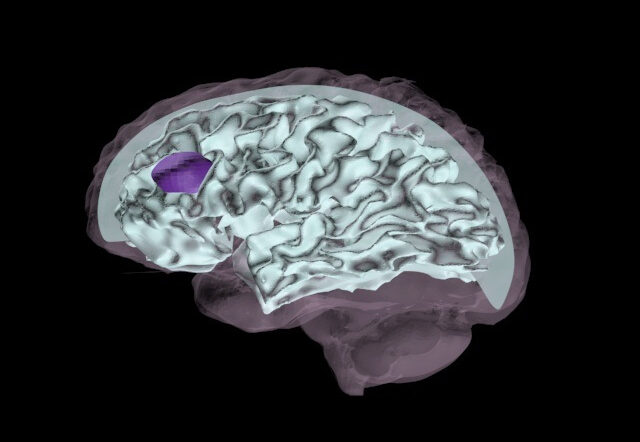Living with Fibromyalgia

Living with Fibromyalgia can be a challenging journey filled with daily pain and discomfort. This chronic condition affects millions of people worldwide, and it’s essential to find effective ways to cope with its symptoms. In this article, we’ll explore what Fibromyalgia is, its common symptoms, and most importantly, provide valuable tips for managing chronic pain.
Understanding Fibromyalgia
Fibromyalgia is a complex and often misunderstood condition. It’s a chronic disorder characterized by widespread musculoskeletal pain, fatigue, and tenderness in specific areas of the body. While the exact cause of Fibromyalgia is still unknown, it’s believed to be related to how the brain and spinal cord process pain signals, amplifying them and causing an increased perception of pain.
Common Symptoms of Fibromyalgia include:
- Widespread Pain: The hallmark symptom of Fibromyalgia is persistent pain throughout the body, often described as a dull ache or a burning sensation.
- Fatigue: Many individuals with Fibromyalgia experience constant, unrelenting fatigue, which can be overwhelming.
- Sleep Disturbances: Fibromyalgia can lead to sleep disorders, making it difficult for sufferers to enjoy restorative sleep.
- Cognitive Difficulties: Commonly referred to as “fibro fog,” this symptom includes memory problems, difficulty concentrating, and mental confusion.
- Stiffness: People with Fibromyalgia may experience morning stiffness, making it challenging to start the day.
Coping Strategies for Fibromyalgia
Living with Fibromyalgia requires a multifaceted approach to manage pain and improve overall quality of life. Here are some practical strategies to help you cope with chronic pain:
1. Seek Medical Guidance
Consult with a healthcare professional who specializes in Fibromyalgia. They can provide a personalized treatment plan that may include medication, physical therapy, and lifestyle recommendations.
2. Prioritize Sleep
Establish a regular sleep schedule and create a comfortable sleep environment. This can help alleviate sleep disturbances associated with Fibromyalgia.
3. Gentle Exercise
Engage in low-impact exercises such as swimming, walking, or yoga to improve flexibility, reduce pain, and enhance your overall well-being.
4. Manage Stress
Stress can exacerbate Fibromyalgia symptoms. Explore stress-reduction techniques like mindfulness meditation and deep breathing exercises.
5. Balanced Diet
A nutritious diet can play a significant role in managing Fibromyalgia. Focus on whole foods, avoid excessive caffeine and alcohol, and consult a dietitian for guidance.
6. Support Networks
Join a Fibromyalgia support group or seek support from friends and family. Sharing experiences and advice can make a world of difference.

7. Pace Yourself
Learn to listen to your body and pace your activities. Avoid overexertion and give yourself permission to rest when needed.
8. Heat and Cold Therapy
Experiment with heat packs or cold compresses to ease muscle pain and stiffness.
9. Medication
Discuss pain management medications and supplements with your healthcare provider. These can provide relief and improve your quality of life.
Living a Fulfilling Life with Fibromyalgia
Living with Fibromyalgia can be challenging, but it doesn’t mean you can’t lead a fulfilling life. By implementing the coping strategies mentioned above, you can manage chronic pain and improve your overall well-being. Remember that Fibromyalgia is a condition that varies from person to person, so what works for one individual may not work for another. It’s essential to find a combination of strategies that suit your unique needs. For more information or to read all about living with fibromyalgia, be sure to visit Detectmind to learn more.
In conclusion, Fibromyalgia is a condition that requires patience, self-compassion, and a holistic approach to pain management. By working closely with medical professionals and making positive lifestyle changes, you can find relief and live a meaningful life despite the challenges of chronic pain.




